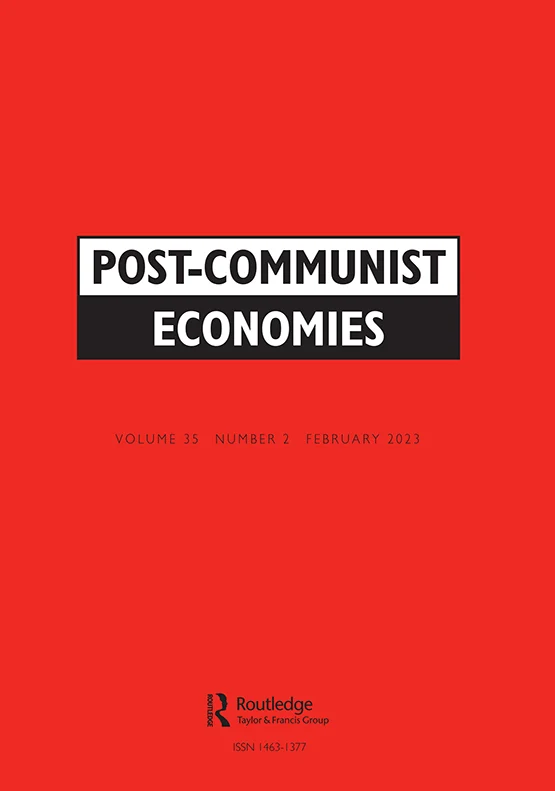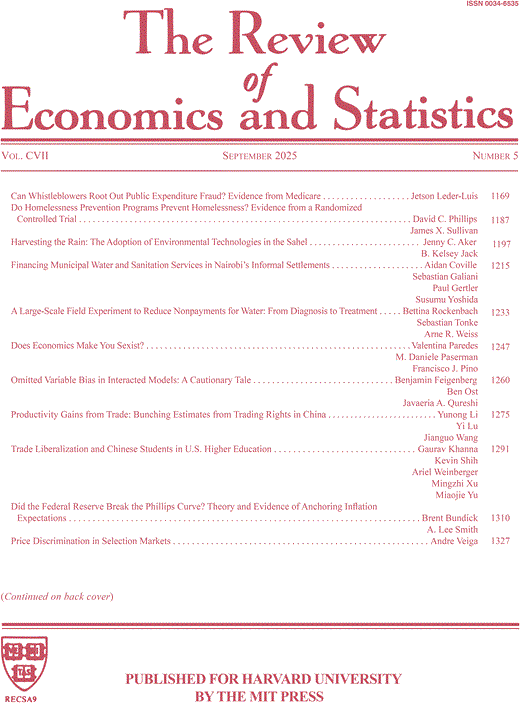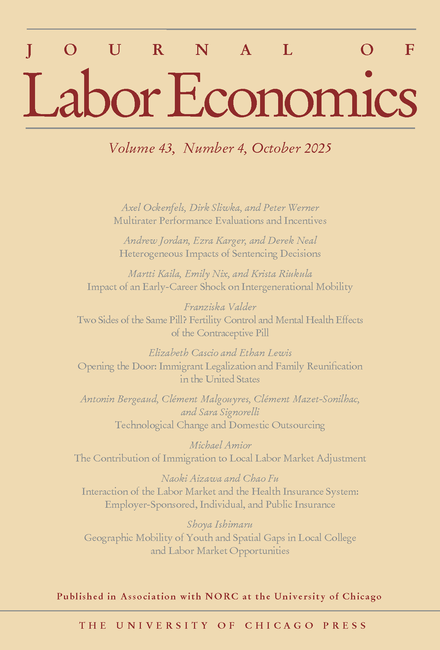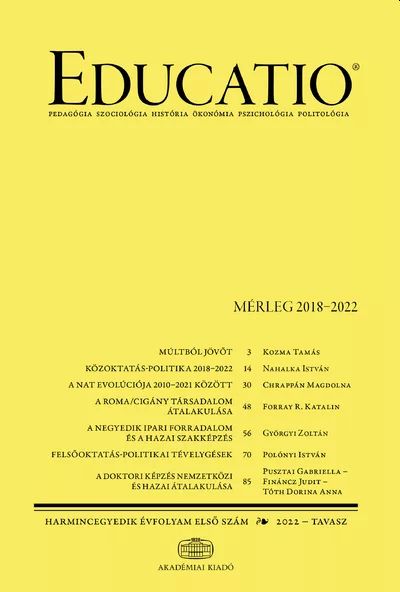Az előadásra hibrid formában kerül sor Zoom felületen, illetve személyesen a K13-14-es földszinti előadóban 2024.09.26-án, 13.00 órától.
Előadó: Rosario Crinò 
BIO: Rosario Crinò is a Professor of Economics at the University of Bergamo and a Research Fellow of CEPR and CESifo. His research focuses on the effects of automation, artificial intelligence, and globalization on labor markets, productivity, and welfare.
Cím: Artificial Intelligence and Jobs: Evidence from US Commuting Zones (with Alessandra Bonfiglioli, Gino Gancia and Ioannis Papadakis)
Abstract: We study the effect of Artificial Intelligence (AI) on employment across US commuting zones over the period 2000-2020. A simple model shows that AI can automate jobs or complement workers, and illustrates how to estimate its effect by exploiting variation in a novel measure of local exposure to AI: job growth in AI-related professions built from detailed occupational data. Using a shift-share instrument that combines industry-level AI adoption with local industry employment, we estimate robust negative effects of AI exposure on employment across commuting zones and time. We find that AI’s impact is different from other capital and technologies, and that it works through services more than manufacturing. Moreover, the employment effect is especially negative for low-skill and production workers, while it turns positive for workers at the top of the wage distribution and for those in STEM occupations. These results are consistent with the view that AI has contributed to the automation of jobs and to widen inequality.









